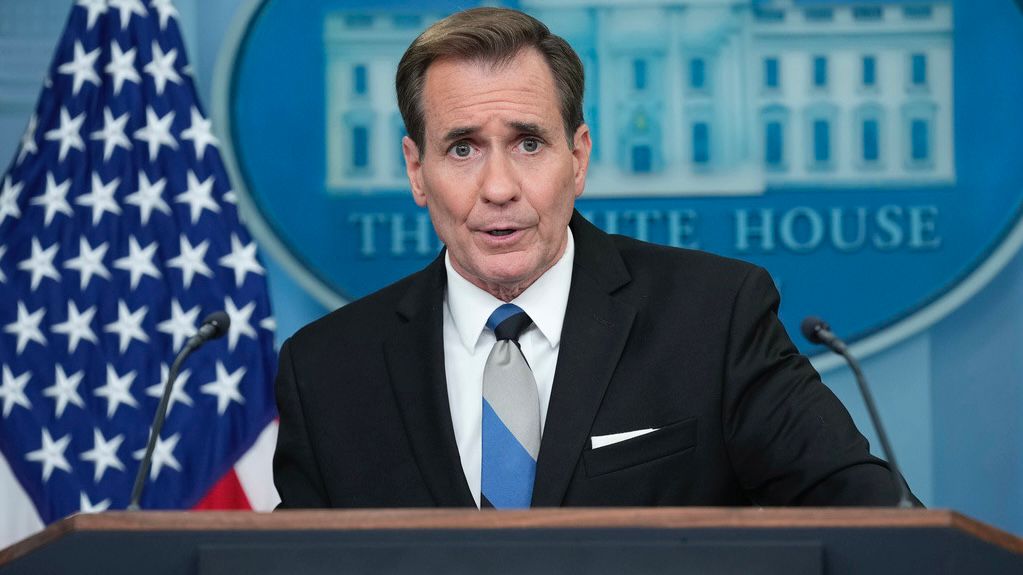The White House on Wednesday was steadfast in saying that it could not confirm reports that the top political leader of Hamas, which is currently at war with Israel, was killed by an airstrike in Tehran hours earlier.
Addressing reporters at the White House press briefing on Wednesday, National Security Communications Advisor John Kirby told reporters that he was “not in a position to confirm reports coming out of Tehran,” the Iranian capital where the killing reportedly took place.
At the same time, he noted, the development with Hamas as well as Israel claiming it killed a Hezbollah commander in a retaliatory strike this week, “certainly don’t help with the temperature going down” in the region or alleviate complications around securing a ceasefire and hostage release deal.
“I'm not gonna be pollyannaish about it, we’re obviously concerned about escalation,” Kirby said. “And again, without confirming the reports over the last 24 in terms of Tehran – and I’m certain the [Israel Defense Forces] has already spoken to operations that they have conducted elsewhere – all of this adds to the complicated nature of what we're trying to get done.”
Iran and Hamas swiftly blamed Israel for the airstrike that they say killed Ismail Haniyeh, a leader of the Palestinian militant group, who was in Tehran to attend the inauguration of the country’s new president. Iranian supreme leader Ayatollah Ali Khamenei said in a statement that revenge was Iran’s “duty.”
Israel has not claimed responsibility for the strike or killing.
It came not long after Israel killed a top commander of Hezbollah, a Lebanese militant group backed by Iran, in Beirut. That strike was in response to a rocket attack in Israeli-occupied Golan Heights over the weekend that killed a dozen young people.
In a video message on Wednesday delivered in Hebrew, Israeli Prime Minister Benjamin Netanyahu recalled telling Congress during his highly controversial address in the U.S. Capitol last week that there were three main parts of an axis of evil, Hamas, the Houthis and Hezbollah, which are all Iranian-backed groups. He went on to say that over the last couple of days, Israel has delivered blows to two of those groups. He did not specifically mention the killing of the Hamas leader in Tehran.
The developments have accelerated concerns about a wider conflict in a region already hosting a nearly 10-month-old war between Israel and Hamas.
Kirby on Wednesday said the White House still does not believe “an escalation is inevitable” after telling reporters on Monday that fears of a wider war were “exaggerated.”
It comes as the U.S. along with Egypt and Qatar have been trying to work out the details of a multi-phase proposal laid out by President Joe Biden in May that hopes to ultimately bring an end to the Israel-Hamas war starting with a six-week ceasefire and the release of some hostages. Last week, an administration official told reporters that the pieces of the deal were “coming together.”
Kirby on Wednesday said while it was “too soon” to know what impact this week’s events could have on the negotiations, the process has “always been complicated” and the developments “certainly don’t make it less complicated.”
He that the administration is determined to keep working on it and currently has a team in the region doing just that.
“We still believe there is a viable process, we still believe there is interested counterparts and we still believe that there are meetings and discussions to be had,” he said. “We wouldn’t have a team over there right now if we didn’t believe it was possible to try to gather together and push this forward.”



